Detailed introduction of Democritus University of Thrace:
Introduction and Overview
Democritus University of Thrace is a large public multi-campus university in Thrace and East Macedonia, Greece. It is named after the ancient Greek philosopher Democritus. Its administrative headquarters is located in Komotini, and it also has campuses in Xanthi, Alexandroupolis and Orestiada.
History and Establishment
The university was established in July 1973 by Decree No. 37, and began to enroll its first students in the 1974-1975 academic year. The first departments were civil engineering in Xanthi and law in Komotini.
School Strength
Faculty: In 2020, the school has more than 600 research and teaching staff and about 300 administrative staff.
Academic Research: Actively carry out scientific research activities, and have achieved certain research results in the fields of medicine, molecular biology, agricultural science, engineering technology, etc., participated in many international and domestic scientific research projects, and established extensive cooperative relations with other universities and research institutions.
International Cooperation: It is an outward-looking university with a strategic focus on internationalization. It cooperates with many international universities and institutions, actively participates in international academic exchanges and cooperation projects, and enhances the international influence of the school.
Nature of the institution
A public university supervised and subsidized by the Greek Ministry of State and National Education and Religious Affairs.
Educational philosophy
Aiming to pursue excellence in education and research, focusing on innovation, entrepreneurship, technology and the new digital era, it constantly adjusts its research strategy according to future challenges and needs to cultivate high-quality talents that meet the needs of social development, while actively strengthening its research image and making it one of the leading research organizations in Greece through cooperation and projects.
Key laboratories and disciplines
Key laboratories: There are professional laboratories in the fields of molecular biology and genetics, environmental science, engineering technology, etc., which provide good experimental conditions for research and teaching in related disciplines.
Key disciplines: Medicine, agriculture and forestry, law, education, management, engineering technology and other disciplines have certain advantages and characteristics, such as clinical medicine, which ranks 869th in the 2022-2023 US News Global University Rankings.
Faculty
The school consists of eight colleges, namely the College of Humanities, the College of Engineering, the College of Law, the College of Agricultural Sciences, the College of Educational Sciences, the College of Economics and Social Sciences, the College of Health Sciences, and the College of Physical Education and Sports Sciences, with 20 departments covering a wide range of subject areas.
Ranking
2022-2023 US News Global University Ranking: 1455th, 527th among the best global universities in Europe, and 11th among the best global universities in Greece.
Times Ranking: in the 1201-1500 range.
Expenses
Tuition fees at Greek public universities are relatively low. Undergraduates generally pay about 1000-3000 euros per year for tuition and registration fees, etc., and master's tuition fees are around 2000-5000 euros/year. The specific fees may vary depending on the major.
Campus Environment
Multi-campus distribution: The campuses are located in different cities in Thrace. Each campus has its own unique architectural style and cultural atmosphere, providing students with a diverse learning and living environment.
Complete facilities: The campus has modern teaching buildings, libraries, laboratories, restaurants, dormitories and other facilities to meet students' learning and daily life needs. At the same time, the school also pays attention to campus cultural construction and provides students with a wealth of cultural activities and community organizations.
-
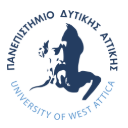
University of West Attica
-
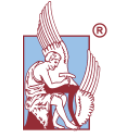
Technical University of Crete
-

International Hellenic University
-
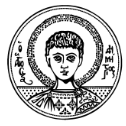
Aristotle University of Thessaloniki
-
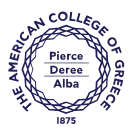
The American College of Greece
-
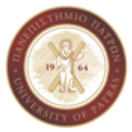
University of Patras
-
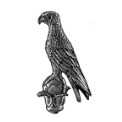
University of Ioannina
-

Democritus University of Thrace
-

Hellenic Open University
-
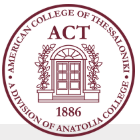
American College of Thessaloniki
-

Mesoamerican University
-

Istmo University
-

Mariano Galvez University of Guatemala
-

Regional University of Guatemala
-

Galileo University
-

Francisco Marroquín University
-

Rafael Landívar University
-

University of the Valley of Guatemala
-

University of San Carlos of Guatemala
-

Technological Institute of Tlaxcala Plateau
-

Golfo University
-

Technological University of South Sonora
-

Technological University of Huejotzingo
-

Tizimín Institute of Technology
-

Chilpancingo Institute of Technology
